Q&A: Mikko Hyppönen, chief research officer, F-Secure
We ask one of the leading experts on cyber crime for an assessment of the recent spate of cyber attacks and the growing threats to companies trading online.

Since WikiLeaks released US government cables, the internet has been rocked by cyber attacks both against the whistleblowing site, and then against companies, including Amazon and PayPal, that had severed business relationships with it.
With the threat levels facing all businesses on the rise, IT PRO spoke to one of the foremost experts on cyber crime, chief research officer at F-Secure, Mikko Hyppnen, about the risks and some of the countermeasures companies can take.
You've been watching the chain of events following WikiLeaks' release of the US cables very closely. How seriously do you think these incidents both those aimed at WikiLeaks and those aimed at its former business partners have been in raising the level of threat across the internet community?
We've seen such an amount of different attacks against different targets. Then again most of the attacks we've seen have been simple denial of service, traffic overload attacks, which means that they might be able to slow down or shut down an attack, but are unable to break in. So we haven't seen any data being stolen, for example.
What you're saying is the attacks are not very sophisticated?
No, in fact most of the attackers who are part of the so-called Anonymous group are not really computer experts at all but want to participate in the attack because they believe in the cause. So they download the tool and let others use their computers to mount the attack.
What's frightening is how many people have done that and how quickly this has gathered momentum. There seem to be a lot of people willing to do something against the law to attack commercial organisations
Get the ITPro daily newsletter
Sign up today and you will receive a free copy of our Future Focus 2025 report - the leading guidance on AI, cybersecurity and other IT challenges as per 700+ senior executives
It is clearly illegal, and it is also pretty costly. These attackers have succeeded in shutting down the online payment credit card verification systems of both Visa and Mastercard and disrupt part of the PayPal service, and this will immediately start causing losses to credit card companies. I'm quite sure most of the people participating in these attacks don't really realise that these are serious crimes.
-
 Asus ZenScreen Fold OLED MQ17QH review
Asus ZenScreen Fold OLED MQ17QH reviewReviews A stunning foldable 17.3in OLED display – but it's too expensive to be anything more than a thrilling tech demo
By Sasha Muller
-
 How the UK MoJ achieved secure networks for prisons and offices with Palo Alto Networks
How the UK MoJ achieved secure networks for prisons and offices with Palo Alto NetworksCase study Adopting zero trust is a necessity when your own users are trying to launch cyber attacks
By Rory Bathgate
-
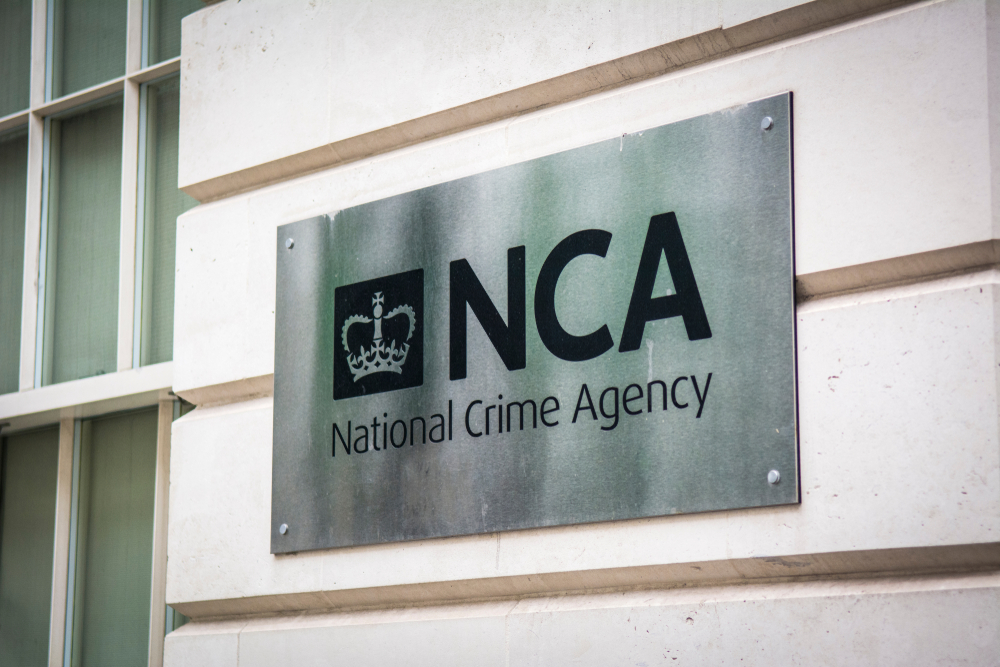 UK crime fighters wrangle “several thousand” potential cyber criminals in DDoS-for-hire honeypot
UK crime fighters wrangle “several thousand” potential cyber criminals in DDoS-for-hire honeypotNews The sting follows a recent crackdown on DDoS-for-hire services globally
By Ross Kelly
-
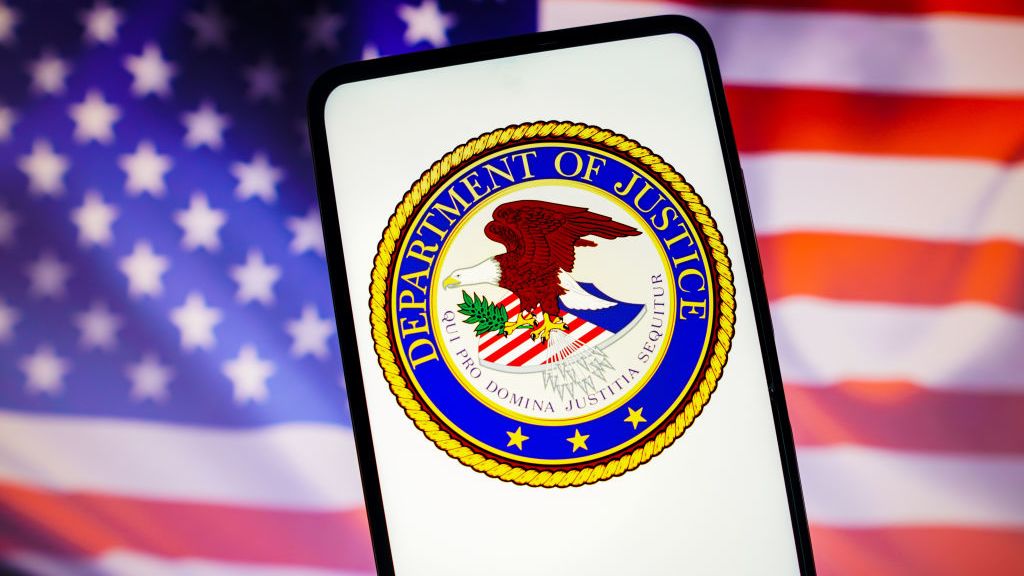 US begins seizure of 48 DDoS-for-hire services following global investigation
US begins seizure of 48 DDoS-for-hire services following global investigationNews Six people have been arrested who allegedly oversaw computer attacks launched using booters
By Zach Marzouk
-
 Will triple extortion ransomware truly take off?
Will triple extortion ransomware truly take off?In-depth Operators are now launching attacks with three extortion layers, but there are limitations to this model
By Connor Jones
-
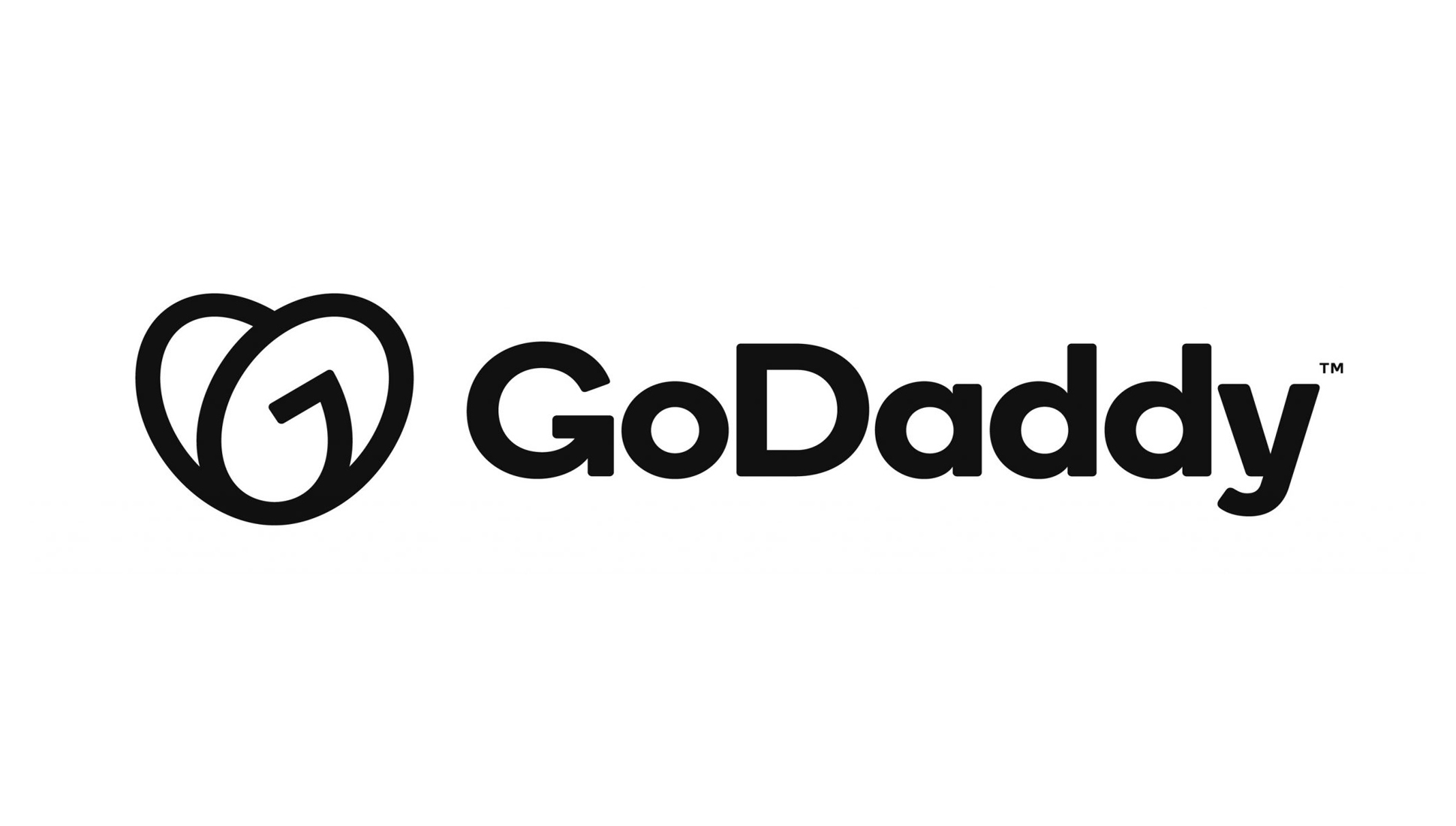 GoDaddy web hosting review
GoDaddy web hosting reviewReviews GoDaddy web hosting is backed by competitive prices and a beginner-friendly dashboard, and while popular, beware of hidden prices
By Daniel Blechynden
-
 Japan investigates potential Russian Killnet cyber attacks
Japan investigates potential Russian Killnet cyber attacksNews The hacker group has said it’s revolting against the country’s militarism and that it’s “kicking the samurai”
By Zach Marzouk
-
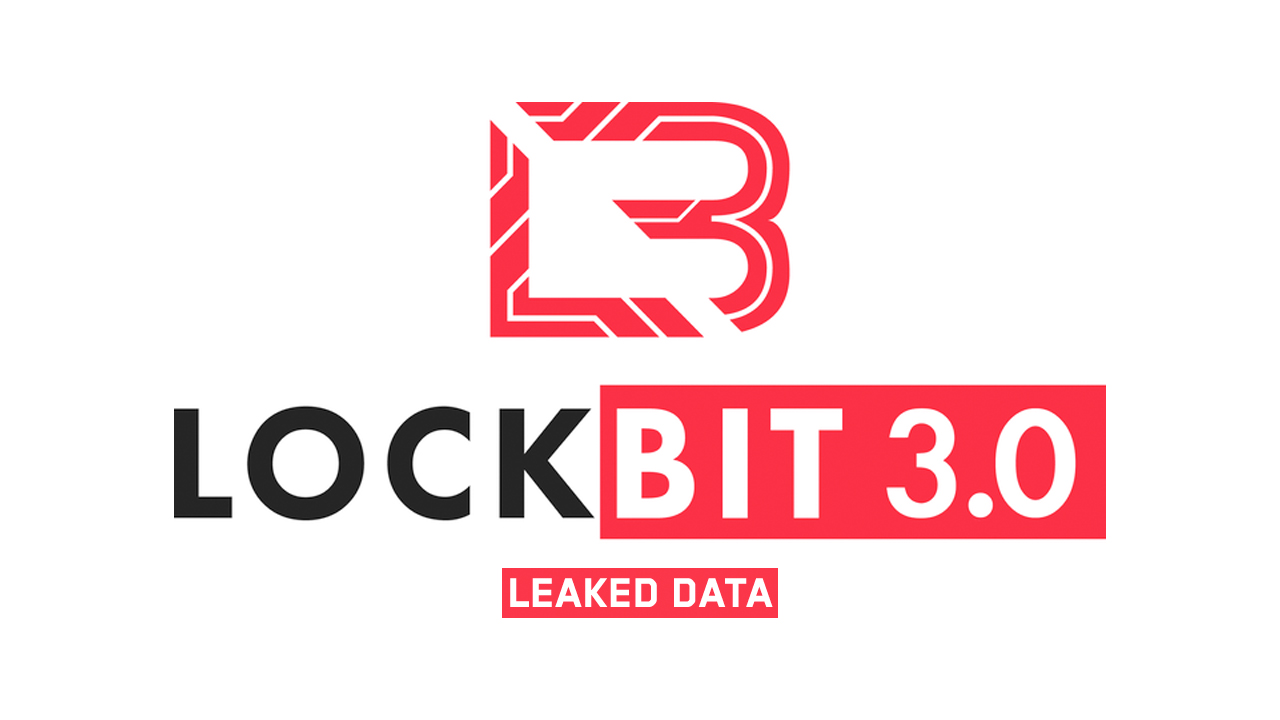 LockBit hacking group to be 'more aggressive' after falling victim to large-scale DDoS attack
LockBit hacking group to be 'more aggressive' after falling victim to large-scale DDoS attackNews The ransomware group is currently embroiled in a battle after it leaked data belonging to cyber security company Entrust
By Connor Jones
-
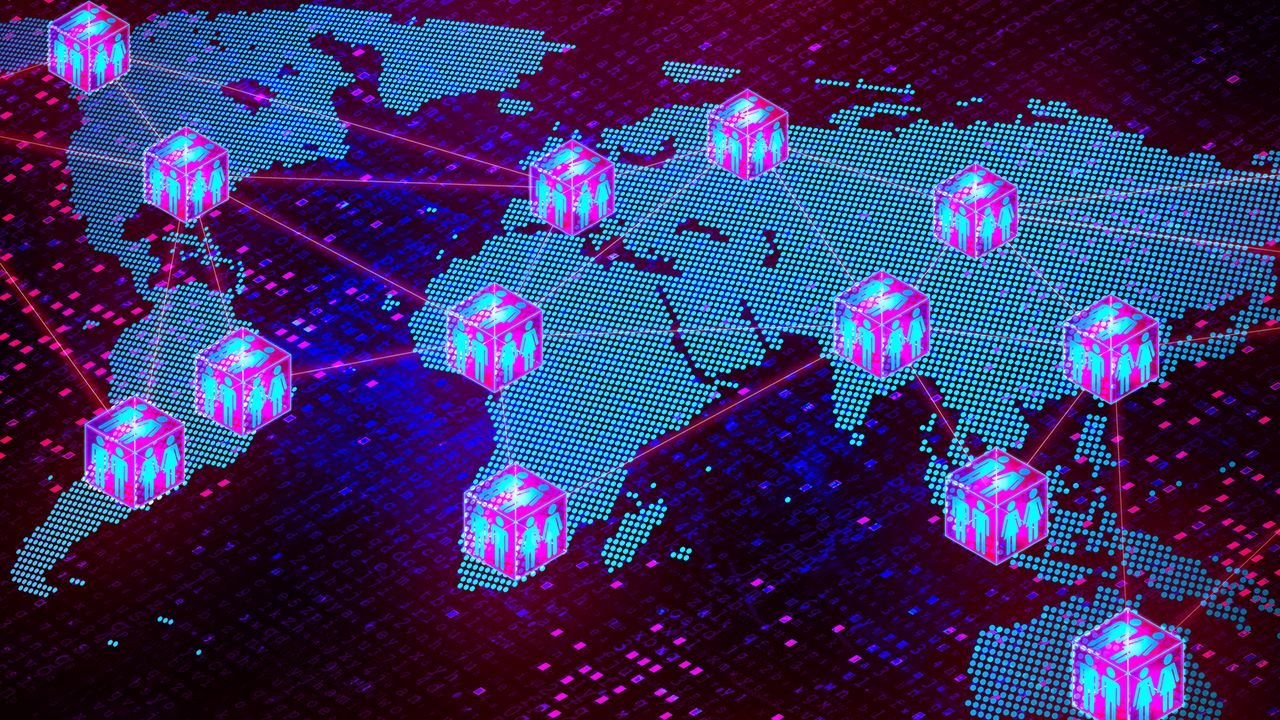 Record for the largest ever HTTPS DDoS attack smashed once again
Record for the largest ever HTTPS DDoS attack smashed once againNews The DDoS attack lasted 69 minutes and surpassed the previous record of 26 million RPS
By Praharsha Anand
-
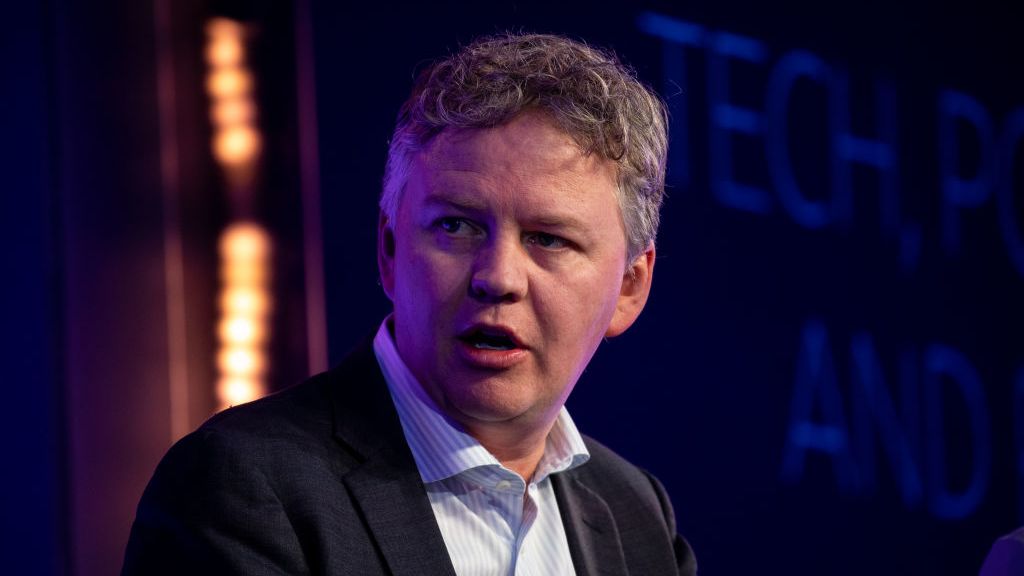 Cloudflare unveils new One Partner Program with zero trust at its core
Cloudflare unveils new One Partner Program with zero trust at its coreNews Cloudflare CEO Matthew Prince says the initiative aims to take the complexity out of zero trust architecture
By Daniel Todd